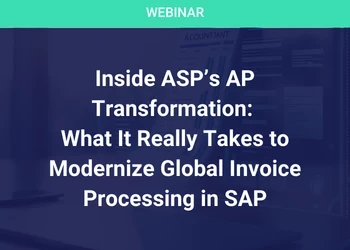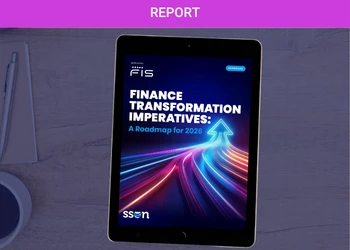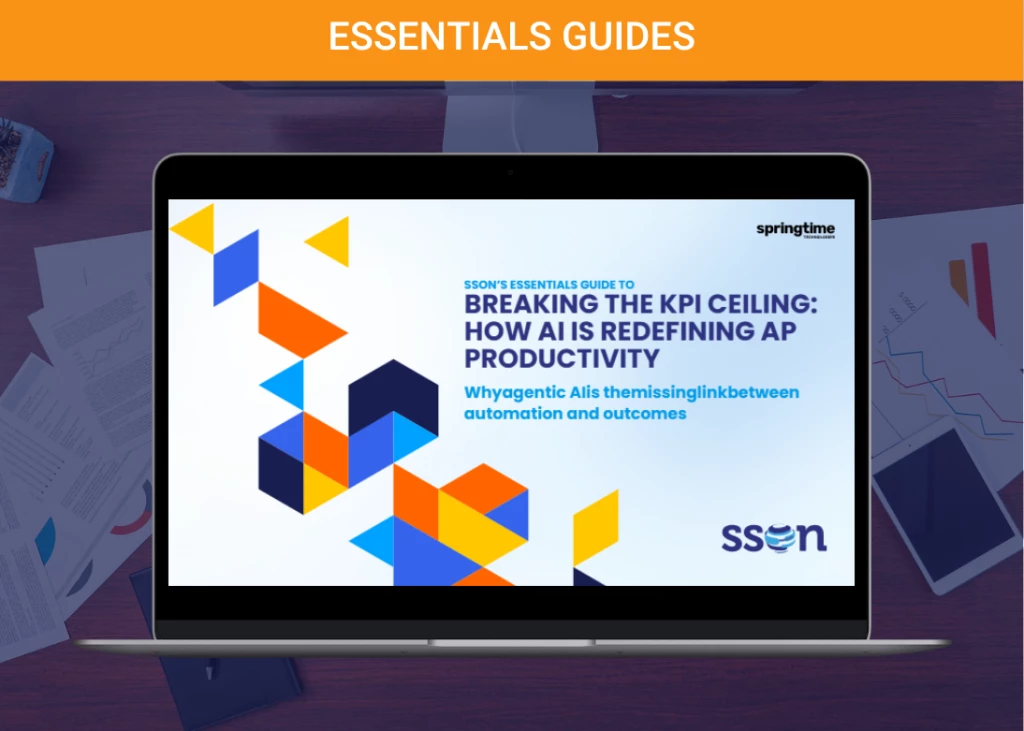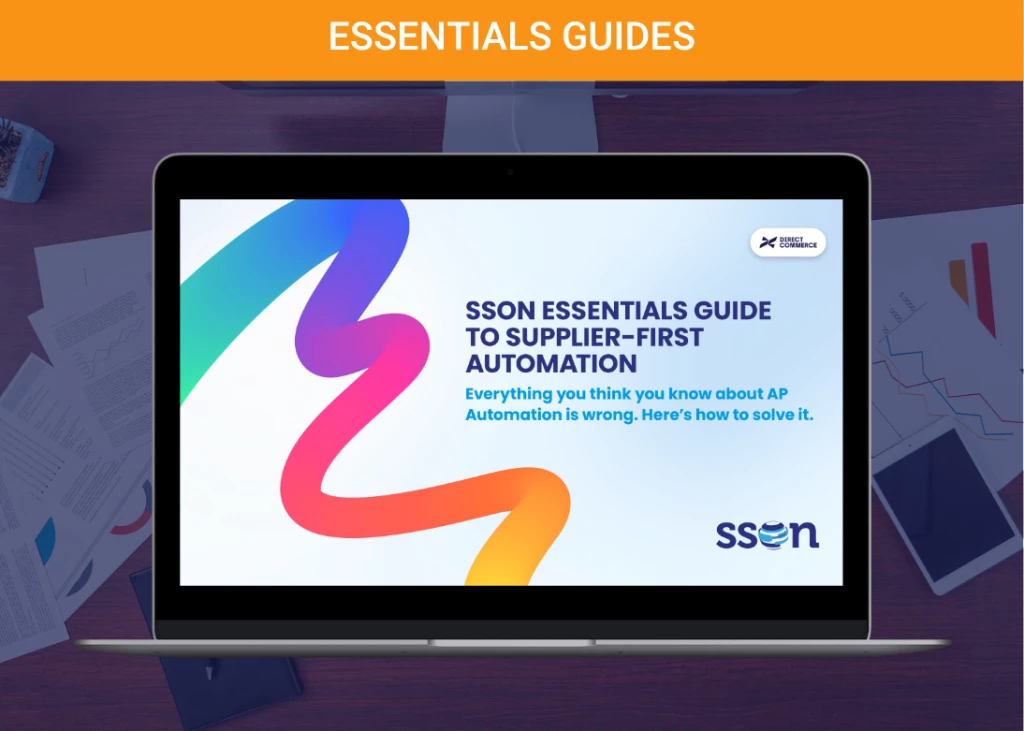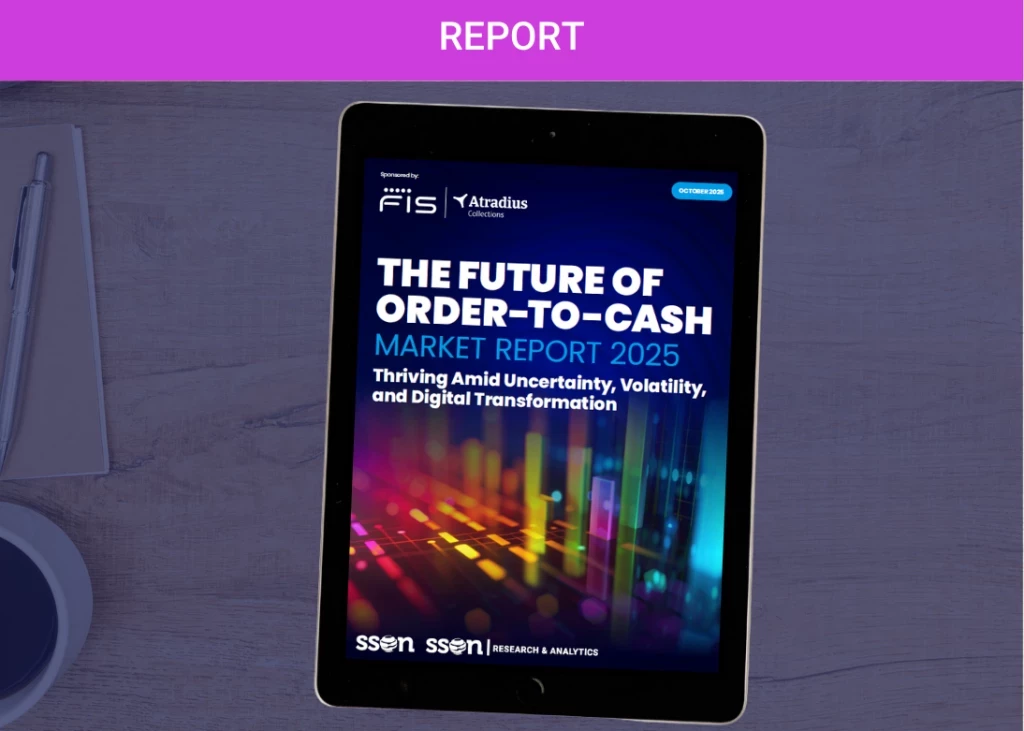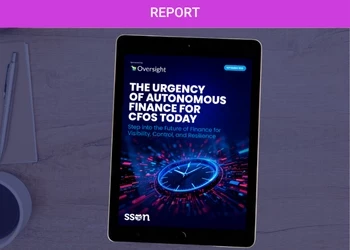
I was recently speaking with a CFO colleague of mine who told me about a recent board meeting where his company’s energy manager was invited to report on energy efficiency initiatives. “I understand that it’s good for PR, but it doesn’t exactly make financial sense, does it?” he asked. My colleague’s statement echoes the sentiment shared by many in the finance industry who still regard sustainability as being at odds with business objectives and with being able to contribute to the bottom line.
As with any industry, there is an undeniable reticence in finance to move away from the tried and true. However, it is becoming increasingly difficult to deny that the traditional role of finance, and particularly of the CFO, is in need of a refresh in order to keep up with the changing business climate, evolving customer requirements and moving expectations from society.
Pardon the inconvenient truth, but up until recently, sustainability, much like Corporate Social Responsibility, was more often talked about than acted upon. In 2017 however, being sustainable is no longer a matter of lip service. More and more customers, and in particular millennials, are holding businesses to account if they fall foul of public opinion on green issues. This is increasingly the case in light of the Paris agreement and the support echoed around the world for environmental progression and accountability. Customers want to support businesses that share their views of the world and that fit in with their ideals – and at times it goes even further as companies may lose face, as well as market share, if they continue to ignore customer guidance.
Pardon the inconvenient truth, but up until recently, sustainability, much like Corporate Social Responsibility, was more often talked about than acted upon. In 2017 however, being sustainable is no longer a matter of lip service.
Finance is no longer the domain of number crunchers. CFOs need to become champions for sustainability, being catalysts for positive change in their respective businesses to reflect its strategic importance. The new generation of CFOs need to be Renaissance men and women who string threads of understanding across various business departments and weave sustainability into the day-to-day operations of businesses. This requires them to take both short and long term views of financial and societal impact. We CFOs cannot continue to only think within the confines of a quarterly transactional window – we need to be able to measure the benefits sustainability brings to the business and, perhaps more importantly, understand the cost of business inaction. The far-reaching impact of businesses beyond their balance sheets needs to be made clear.
In my humble view, the fear that held CFOs back has been that, as many of us work in highly cost competitive environments, we think that sustainability will make us uncompetitive. However, it is important to realise that sustainability is not only about energy efficiency, that is to say cost saving initiatives, but also encompasses demand response programmes, which can be high revenue generating opportunities. Sustainability can, therefore, become a profit centre for your business without impacting your day-to-day operations.
Finance is no longer the domain of number crunchers. CFOs need to become champions for sustainability, being catalysts for positive change in their respective businesses to reflect its strategic importance.
Sustainability does in fact support your financial performance.
HRH The Prince of Wales’ Accounting for Sustainability (A4S), an organisation committed to elevating sustainability to centre stage in business strategy, is a champion for sustainability in the finance industry. They have brought together CFOs across the UK and abroad to put their heads together to find innovative ways to integrate sustainability into business as usual. As a proud member of A4S’s advisory board, I am passionate about clarifying that managing businesses in a more sustainable fashion is more than just the right thing to do – it is the financially savvy way forward.
Sustainability should be deeply embedded in your business strategy so it can contribute to bottom lines in both the short term and the long term. And I would love to see us CFOs leading this change within our businesses.
[inlinead]
About Dr Jens Madrian: Jens is CFO & CCO at Reactive Technologies, an energy tech company offering advanced energy management, asset optimisation and ultra-fast frequency response solutions delivered via a cutting edge communications platform. Prior to joining Reactive Technologies, Jens was CFO of RWE Npower, one of the big six UK energy retailers. While in the position as CFO and as Managing Director for RWE’s European Group Sales Portfolio Management, Jens transformed RWE Npower’s culture and strategy into a customer-centric organisation and supported its operational turn around in a highly competitive market. Connect with him on LinkedIn.










